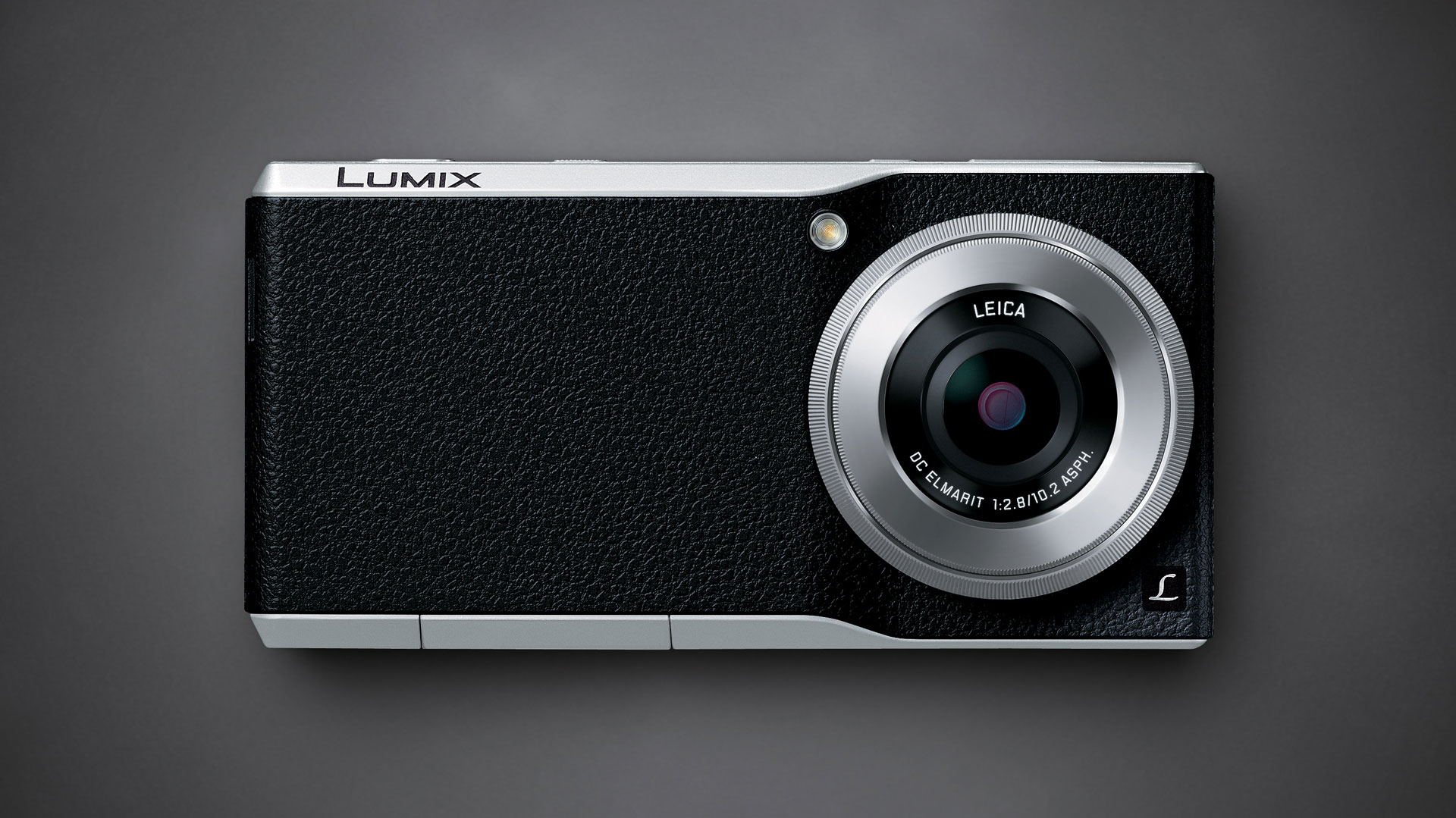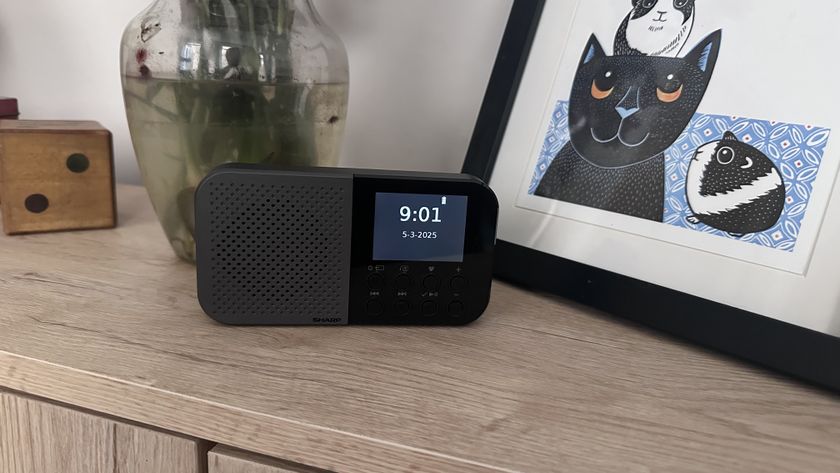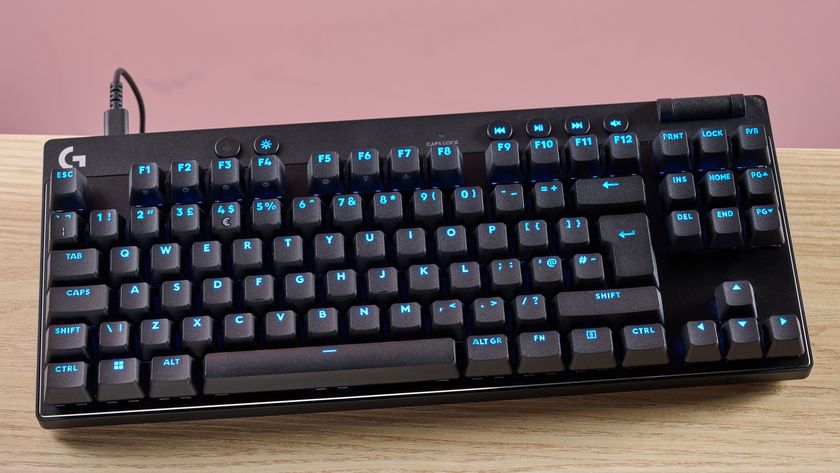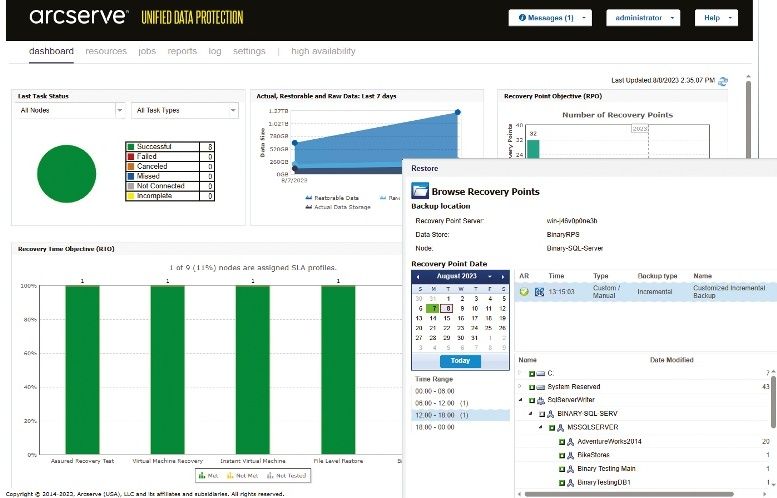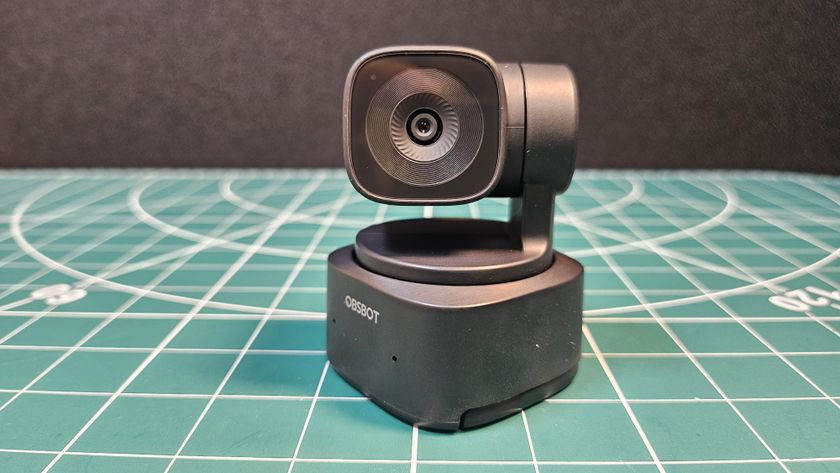Why you can trust TechRadar
Dynamic range is a measure of the range of tones the sensor can capture. Cameras with low dynamic range will often show 'blown' highlights or blocked-in shadows. This test is carried out in controlled conditions using DxO hardware and analysis tools.

Dynamic range is measured in exposure values (EV). The higher the number the wider the range of brightness levels the camera can capture. This falls off with increasing ISO settings because the camera is having to amplify a weaker signal. Raw files capture a higher dynamic range because the image data is unprocessed.
Panasonic CM1 dynamic range charts
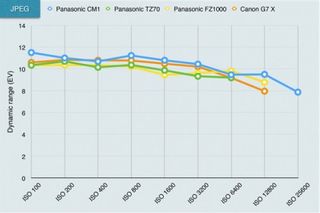
JPEG dynamic range analysis: Again, the CM1 comes out top for dynamic range, although all four cameras are so close together that it would be hard to spot the difference in practice. The TZ70 does better here, but with this camera Panasonic chose to use a lower megapixel rating (12Mp) to produce better overall performance.
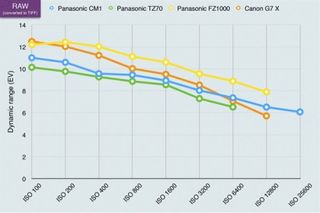
Raw (converted to TIFF) dynamic range analysis: The CM1's raw files fare slightly less well. It's better than its TZ70 stablemate, but the Panasonic FZ1000 and Canon G7 X are better still.
Current page: Lab tests: dynamic range
Prev Page Lab tests: resolution Next Page Lab tests: signal to noise ratio
How to sync iPhone and iPad – iCloud, Photos, Calendars, and more
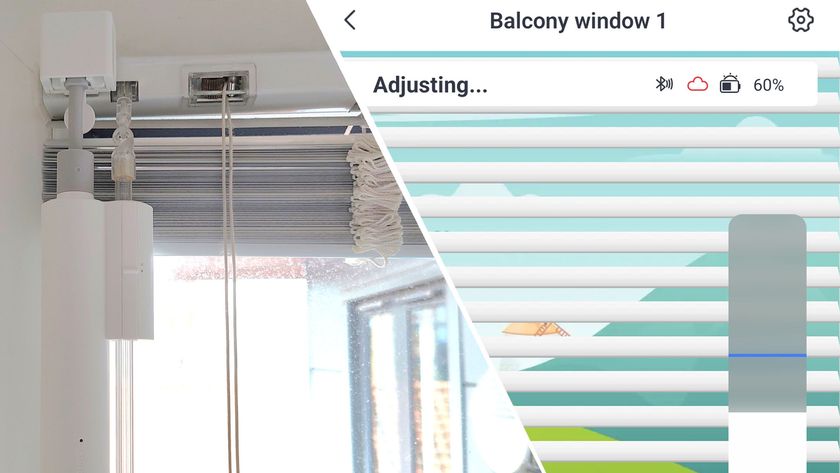
The SwitchBot Blind Tilt is a quick, easy and affordable way to control your blinds from your phone – no DIY necessary

The foldable iPhone display is rumored to be keeping the 4:3 aspect ratio of the iPad – and there's a good reason for it
